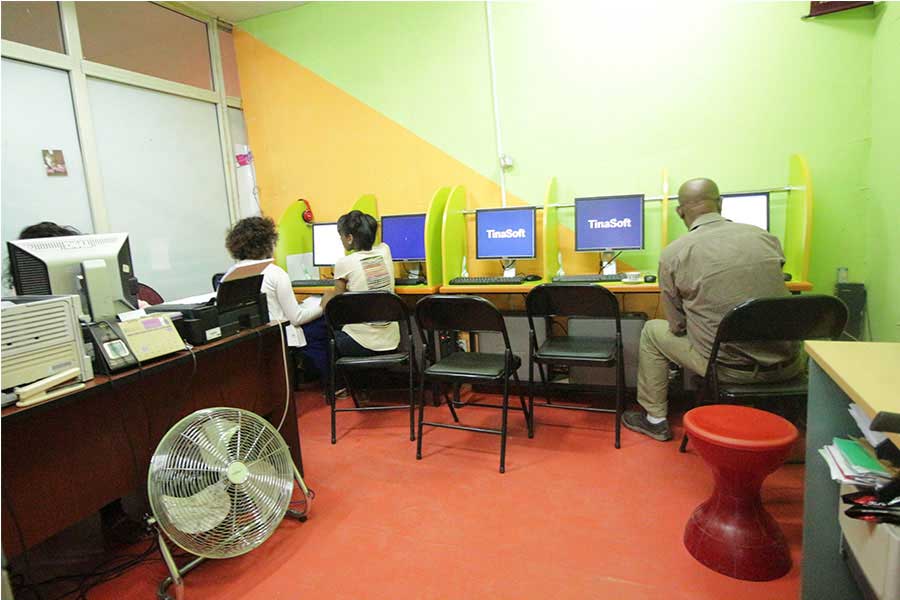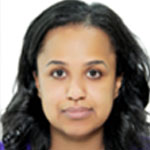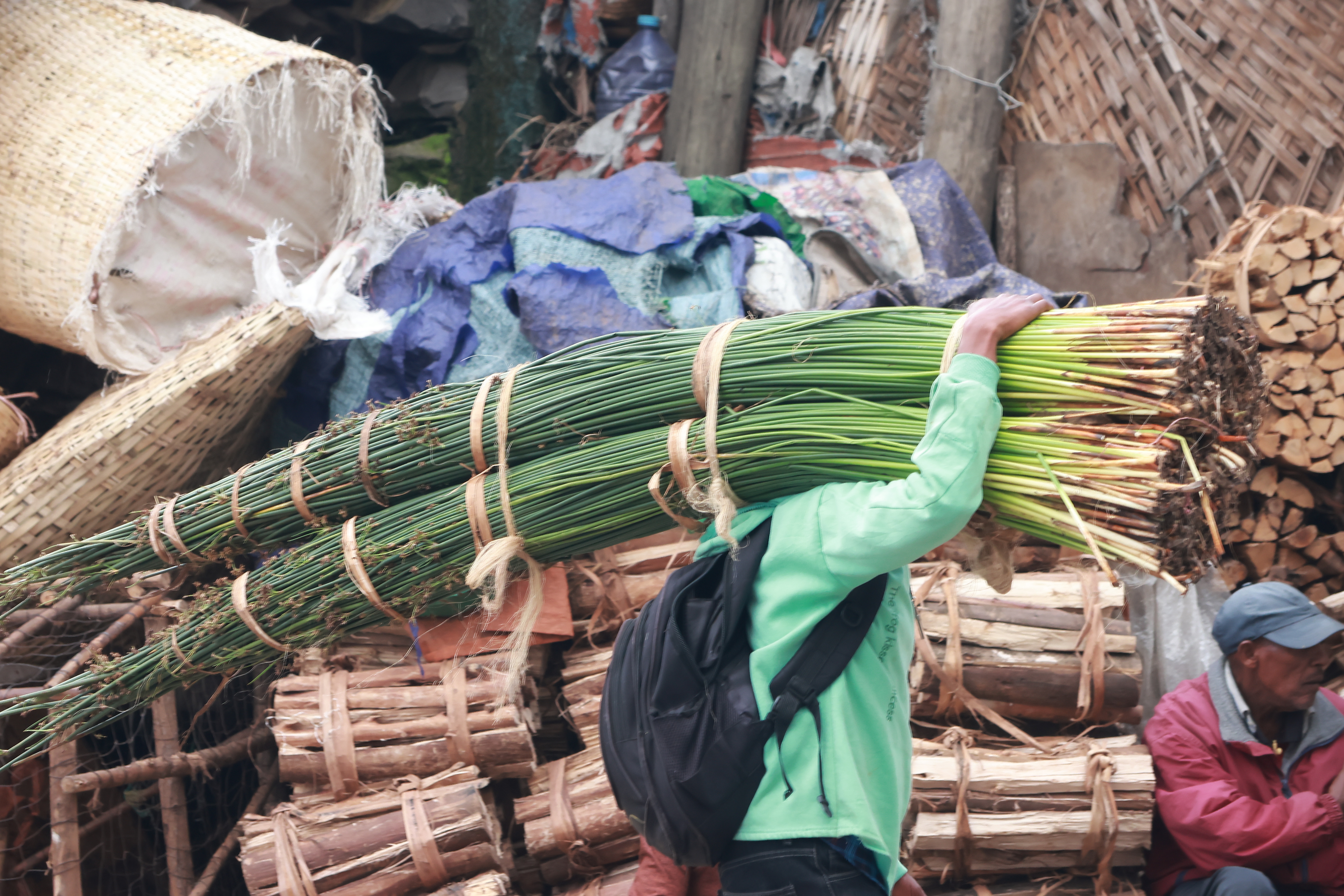
News Analysis | Jan 05,2020
Aug 6 , 2022
By Tigist Solomon
Social research and advocacy are common practices these days. Almost every country in the world undertakes social research to implement change. In 2022, the top four countries conducting social research are the United States, United Kingdom, Australia and Canada.
The results are mainly aimed at improving people's general well-being and living conditions. Social research has positive effects when complemented by other analyses, such as political, economic and health research, to name a few.
Moreover, social research should carefully target its audience. Social researchers need to focus better on the stakeholders they aspire to engage to achieve the expected results. Participatory research involving the study population and community and government institutions also has more significant results.
Both qualitative and quantitative research methods are needed in social research. An in-depth qualitative study of the life experience of the population in the study combined with quantitative analysis to validate the findings are necessary for positive results in research and advocacy and thus changes in policies and laws governing societies.
Social research priorities are determined by the problems being faced. These days, overarching concerns unify the world in social issues.
The social impacts of conflicts between neighbouring countries and nations, precautions and the impact of global pandemics such as COVID-19 are some of the few. Likewise, there are social problems unique to developing countries that require immediate action for active results and changes in social policies, practices and laws.
Various actors such as governments, local and international non-profit organisations, think tanks, and individual researchers are active in developing countries. Depending on the purpose of the research and the target audience, these researches aim to bring about change in societies through various advocacy plans and movements. Intensive efforts are needed to bring about the expected results regarding changes in policies, practices and laws. In addition to well-designed and targeted research, effective communication with government stakeholders and community and social actors is necessary.
In developing countries in Asia, Latin America and Africa, most research focuses on issues related to poverty, child marriage, child labour, child protection and safeguarding, and awareness of health and practices. The target population of the research are vulnerable groups such as women, children, adolescents, young people and people suffering from chronic health problems such as HIV. Governments, as well as local and international non-profit organisations, have undertaken intensive research focusing on key research areas and the target population.
Subsequently, various private actors, as well as members of society, have been involved in actively bringing the expected changes. Thus, roundtables with key government and political actors facilitate desired changes in social policies, practices and laws. The involvement of ministries, policymakers and legal practitioners is essential to bring about the desired positive changes in society.
In countries such as Ethiopia, Tanzania and Uganda, most research is undertaken in rural areas. If we take the example of Ethiopia, most of the research conducted by local and international non-profit organisations focuses on rural poverty. Access to basic needs, including nutrition through agriculture, education, health, water and electricity, are the areas of fundamental research that have been repeatedly and extensively undertaken. No less relevant is the social integration and welfare of the rural population migrating to the cities, which has also attracted the attention of most non-profit organisations and governments. Research is often action-based, where support plans and programs are designed and implemented with positive results.
In addition, action-based research has generated debates with government stakeholders and resulted in positive outcomes in social policy changes.
Nevertheless, the poverty affecting the urban population has not attracted sufficient attention from social research organisations working to promote development and social change.
During a field assessment in a low-income neighbourhood in Addis Ababa, a sample in the study population pointed out how people born and raised in cities have been neglected by organisations seeking to undertake research and design appropriate interventions and support programs. The guy underlined that although city dwellers lack the awareness and knowledge necessary to lead their lives successfully, organisations working to promote the welfare of the target population pay little attention to them and instead focus on promoting the well-being of the rural population.
The same person insisted that people born and raised in cities face many challenges, including access to adequate housing, health, nutrition and education. Rising rents and limited availability of housing in urban areas, rising food prices and insufficient availability of health care are the major issues affecting city dwellers.
Governments and local and international organisations implementing action-based research with the expectation of positive changes in social policies, programs and laws should also address issues affecting urban residents, including those born and raised in cities. They should focus on applied research and seek to develop solutions to overcome existing problems in urban areas. The current activities of governments and organisations in rural areas also need to be intensified for enhanced results.
PUBLISHED ON
Aug 06,2022 [ VOL
23 , NO
1162]


News Analysis | Jan 05,2020

Commentaries | Oct 31,2020

Addis Fortune | May 04,2024

Viewpoints | Jun 27,2020

Life Matters | Jun 14,2025

Radar | Feb 25,2023

Life Matters | Feb 11,2023

Radar | Mar 19,2022

Viewpoints | Apr 08,2023

Fortune News | Oct 12,2025

Photo Gallery | 177232 Views | May 06,2019

Photo Gallery | 167440 Views | Apr 26,2019

Photo Gallery | 158070 Views | Oct 06,2021

My Opinion | 136971 Views | Aug 14,2021
Commentaries | Oct 25,2025

Dec 22 , 2024 . By TIZITA SHEWAFERAW
Charged with transforming colossal state-owned enterprises into modern and competitiv...

Aug 18 , 2024 . By AKSAH ITALO
Although predictable Yonas Zerihun's job in the ride-hailing service is not immune to...

Jul 28 , 2024 . By TIZITA SHEWAFERAW
Unhabitual, perhaps too many, Samuel Gebreyohannes, 38, used to occasionally enjoy a couple of beers at breakfast. However, he recently swit...

Jul 13 , 2024 . By AKSAH ITALO
Investors who rely on tractors, trucks, and field vehicles for commuting, transporting commodities, and f...

Oct 25 , 2025
The regulatory machinery is on overdrive. In only two years, no fewer than 35 new pro...

Oct 18 , 2025
The political establishment, notably the ruling party and its top brass, has become p...

Oct 11 , 2025
Ladislas Farago, a roving Associated Press (AP) correspondent, arrived in Ethiopia in...

Oct 4 , 2025
Eyob Tekalegn (PhD) had been in the Governor's chair for only weeks when, on Septembe...

Oct 25 , 2025 . By YITBAREK GETACHEW
Officials of the Addis Abeba's Education Bureau have embarked on an ambitious experim...

Oct 26 , 2025 . By YITBAREK GETACHEW
The federal government is making a landmark shift in its investment incentive regime...

Oct 26 , 2025 . By NAHOM AYELE
The National Bank of Ethiopia (NBE) is preparing to issue a directive that will funda...

Oct 26 , 2025 . By SURAFEL MULUGETA
A community of booksellers shadowing the Ethiopian National Theatre has been jolted b...